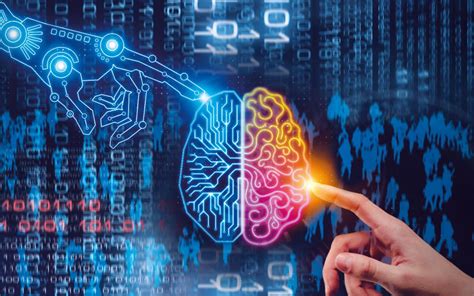
We inhabit a world where an extensive array of
algorithmic tools is employed to incentivize, regulate, guide, and
manipulate human behavior. Whether it is mapping out a route using
Google Maps, tracking workouts and sleep patterns with a FitBit, or
perusing film and book selections on platforms like Amazon or Netflix,
it is hard to escape the influence of these algorithmic tools. Their
widespread use raises crucial ethical questions.
This seminar focuses
on the moral philosophical repercussions of these algorithmic tools on
our day-to-day personal activities. What happens when we delegate or
share numerous daily tasks and objectives with digital assistants and
other algorithmic tools? More specifically, how does this impact our
autonomy and freedom of choice? Algorithmic tools shape our choice
environments by pre-filtering and highlighting options; they send
reminders or incentives, and at times, they may even make decisions on
our behalf. Does this pose a substantial new technological threat to
individual autonomy? Another central question concerns their impact on
our moral or intellectual abilities. While some delegation to
technologies might make us more efficient in moral or cognitive terms,
it has been argued that excessive reliance on algorithms threatens to
undermine our (intellectual) virtue development and leads to deskilling.
In this seminar, we will address these and related issues while also
keeping an eye on the positive potential of algorithmic outsourcing.
- Kursleiter/in: Inken Titz
